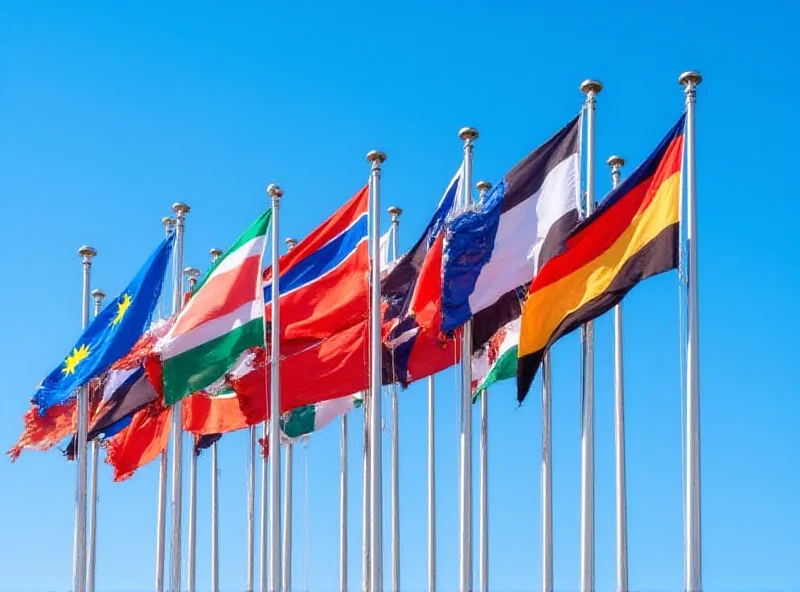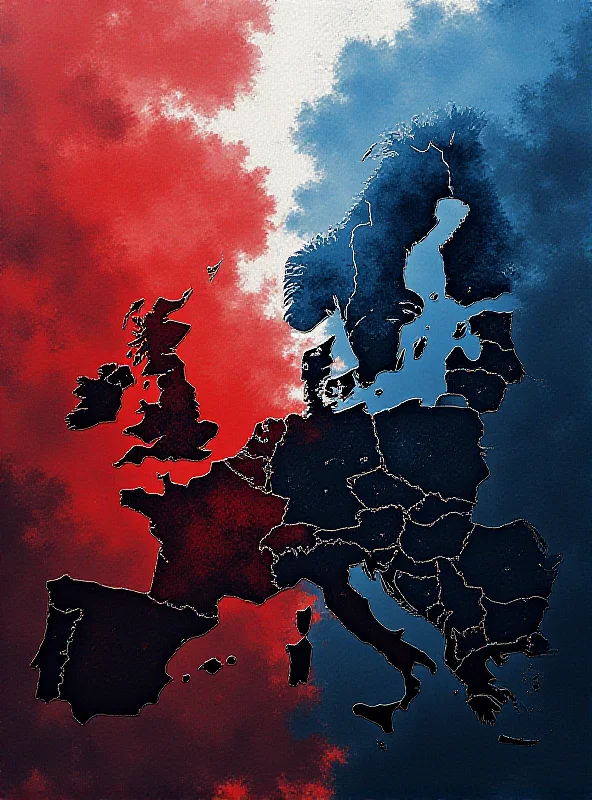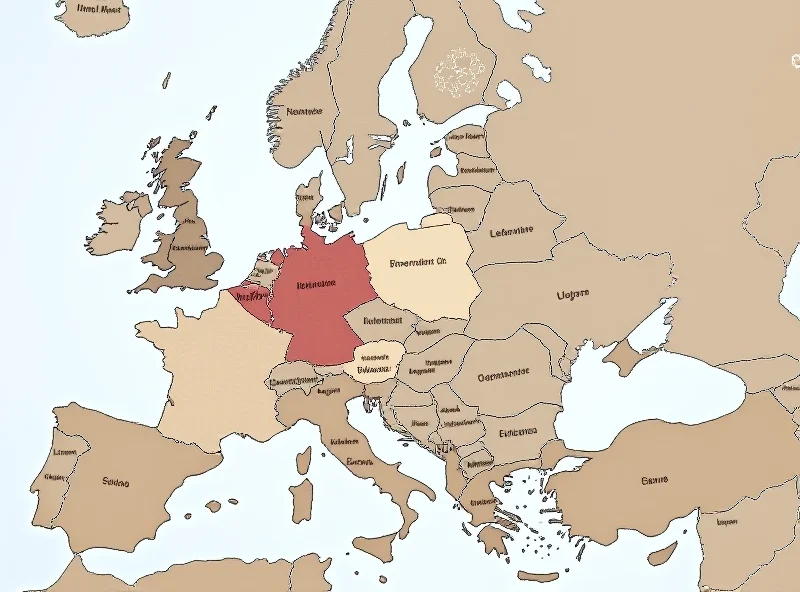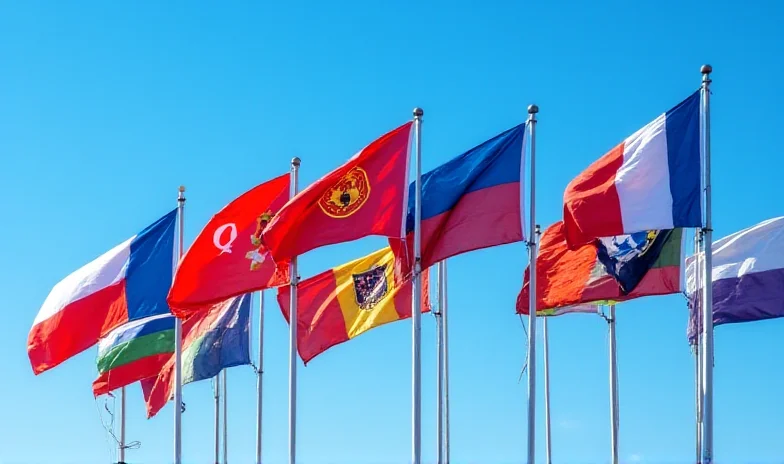Europe is at a crossroads, facing a complex web of geopolitical challenges and internal debates. As the United States re-evaluates its global commitments, and China's influence continues to rise, European nations are grappling with how to navigate this evolving landscape. The future of Ukraine, defense spending, and the very definition of democracy are all under intense scrutiny.
The Shadow of Trump's Foreign Policy
Former Ukrainian Foreign Minister Dmytro Kuleba has offered a stark prediction: China will be the "main beneficiary" of the foreign policy legacy of the Trump era. Kuleba suggests a realignment, stating that the "United States are aligned with Russia for now, whether it’s about Ukraine, whether it’s about Europe." This perceived alignment raises concerns about the future of transatlantic relations and the support Ukraine can expect from its traditional allies.

This shift comes at a time when Europe is already facing immense pressure to support Ukraine against Russian aggression. The question of how to balance competing interests and maintain a united front remains a significant challenge.
Internal Divisions and the Debate Over Defense
Spain, for example, is embroiled in a heated debate over sending troops to Ukraine and increasing defense spending. Prime Minister Sánchez is set to engage in discussions with Congress groups, but faces opposition from his own coalition partners. The decision, according to reports, may ultimately rest on the votes of the Partido Popular (PP).
This internal strife highlights the difficulty in achieving consensus on key strategic issues. The allocation of resources and the willingness to commit to military intervention are proving to be divisive topics within the European Union.
Redefining Democracy in a Changing World
Beyond the immediate challenges of geopolitical realignment and internal divisions, a more fundamental question is being raised about the very nature of democracy in Europe. An article from Il Fatto Quotidiano, "Which Europe is Good Serra Talking About? Democracy Is Not a Square," uses powerful imagery to describe an inescapable force that grips individuals, suggesting a societal mechanism that leads them into a metaphorical "descent into hell." This raises profound questions about freedom, societal control, and the true meaning of democracy in the modern era.

As Europe navigates these turbulent times, it is facing a "race against time" to not only save Ukraine but also to transform the continent into a "fortress," as described in another article. The withdrawal, or perceived withdrawal, of the USA from its traditional role as a global leader has forced Europe to confront its own vulnerabilities and to take greater responsibility for its own security and future.

The stakes are high, and the path forward is uncertain. One thing is clear: Europe must find the courage and the unity to navigate these challenges if it is to secure its place in the evolving global order.
Europe is experiencing historic times: The goal is to save Ukraine and transform the continent into a fortress. A race against time has begun. Can the Europeans win?
The answer to that question remains to be seen.
